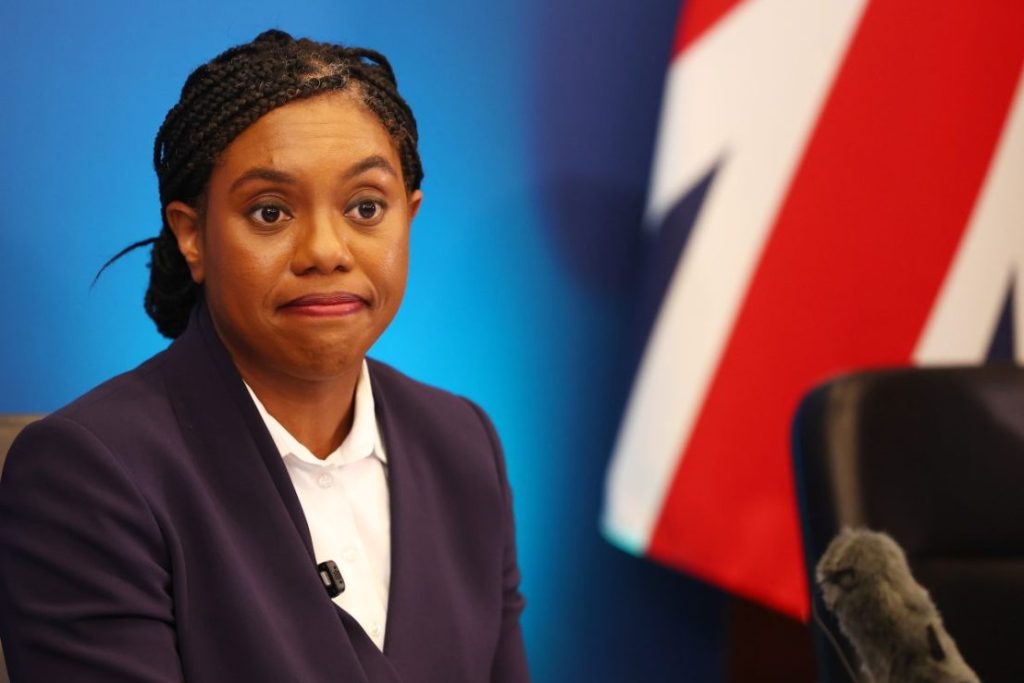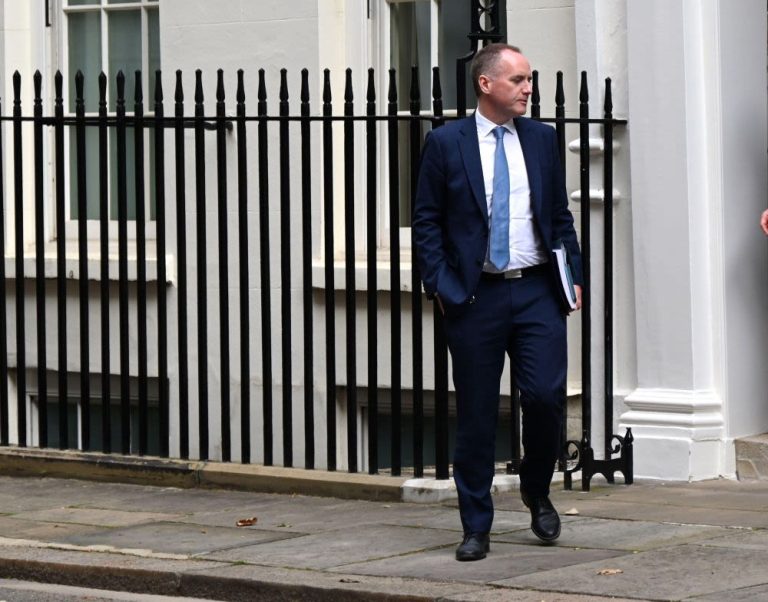
A turning point for the Conservative Party
On November 2, Kemi Badenoch marked her first anniversary at the helm of the Conservative Party. In a year that has tested both her leadership and the party’s unity, she insisted that her mission has been one of “rebuilding”—not retreating into empty slogans, but forging fresh policies rooted in core Tory values. As the party grapples with low public ratings and the rise of Reform UK, Badenoch says she has laid the groundwork for a serious alternative to Labour, focused on economic strength, secure borders and fiscal responsibility.
“Rebuilding” vs. “Retreating”
Having taken over in the summer of 2024 after Rishi Sunak’s resignation, Badenoch faced a stark choice: to hunker down on soundbites or to craft a new platform. She chose the latter. “This first year of my leadership has been about rebuilding—rebuilding our party, our principles and our plan for Britain,” she declared. The slogans she championed—responsibility, fairness, competence and national pride—aim to reconnect the party with voters disillusioned by years of economic turmoil and policy U-turns.
Policy wins and headline-grabbing U-turns
Badenoch pointed to a string of policy wins where the government forced Labour retreats: restoring support for winter fuel payments, maintaining the National Referral Mechanism for victims of abuse, and firming up welfare sanctions. “We’ve exposed Labour’s hypocrisy and forced U-turns on matters of vital concern—winter fuel and grooming gangs included,” she said. Such high-profile reversals, she argues, demonstrate a willingness to stand up for traditional Tory values even from opposition benches.
Fundraising success amid financial headwinds
Despite bleak economic forecasts and an approaching Autumn Budget, the party has pulled in more donations than all other parties combined, according to Badenoch. She credits a robust grassroots network and clear policy messaging for this fundraising haul. “While we rebuild, we’ve stayed united and exceeded fundraising targets—signalling trust in our vision for a stronger economy and border security,” she asserted.
Polling challenges and party unity
However, national surveys reveal a skeptical electorate. YouGov data from October shows just 12% of respondents view Badenoch as a future prime minister; 62% say she is not. Even Conservative voters split on her performance—54% approve of her leadership, but 24% disapprove. Meanwhile, Reform UK continues to siphon support from the right, pressuring the Tories in key battlegrounds.
Backbench unrest and the looming no-confidence window
Behind the scenes, some Conservative MPs voice concern anonymously, arguing that Badenoch’s cautious approach has failed to resonate with voters. Yet the party’s 1922 Committee chair, Sir Graham Brady, has urged colleagues to air grievances privately rather than “whinge in public.” A so-called “grace period” preventing no-confidence letters lapses on her anniversary, granting backbenchers the technical ability to trigger a leadership contest if they choose.
Bob Blackman’s measured endorsement
Bob Blackman, who chairs the 1922 Committee, struck an optimistic tone. He praised Badenoch’s improved performance at Prime Minister’s Questions, noting she has grown more confident in holding the government to account. He urged MPs to approach internal disputes via proper channels, not through public leaks. According to Blackman, Badenoch has navigated a steep learning curve—now demonstrating that her “slow and steady” strategy can solidify party discipline and voter trust over time.
Rising stars eyeing the top job
While Badenoch consolidates her base, ambitious frontbenchers are quietly building their own profiles. Shadow Justice Secretary Robert Jenrick has grown his social media presence, teasing policy positions beyond his brief. Shadow Home Office Minister Dame Andrea Jenkyns (recently cleared of any “Lam for Leader” hype) also commands attention as she campaigns on law and order. Their moves remind the party that Badenoch’s rebuilding phase coexists with simmering leadership aspirations.
Labour’s verdict and the road ahead
From the government benches, Labour Chair Anna Turley dismissed Badenoch’s efforts as too little, too late. “One year in, the Tories have learned no lessons—still burdened by economic chaos, soaring mortgages and record NHS waiting lists,” Turley said. She warned working families will again “pay the price” for Conservative failures.
Next steps for a party in transition
As the political calendar pivots towards the Autumn Budget on November 26 and local elections next spring, Badenoch faces critical deadlines. Can she convert her policy platform into public support? Will the party’s financial muscle translate into grassroots momentum? And as the grace period ends, will backbenchers rally behind her or press for fresh leadership?
A delicate balancing act
- Rebuilding core values vs. delivering quick voter wins.
- Maintaining fundraising success amid economic uncertainty.
- Managing backbench patience before no-confidence letters emerge.
- Fending off competition from Reform UK on the right flank.
- Cultivating unity while new leadership contenders rise.
One year in, Kemi Badenoch remains resolute: rebuilding is a marathon, not a sprint. Yet the ultimate measure will be whether her Conservatives can translate strategic patience into electoral progress and reclaim a path to power.





